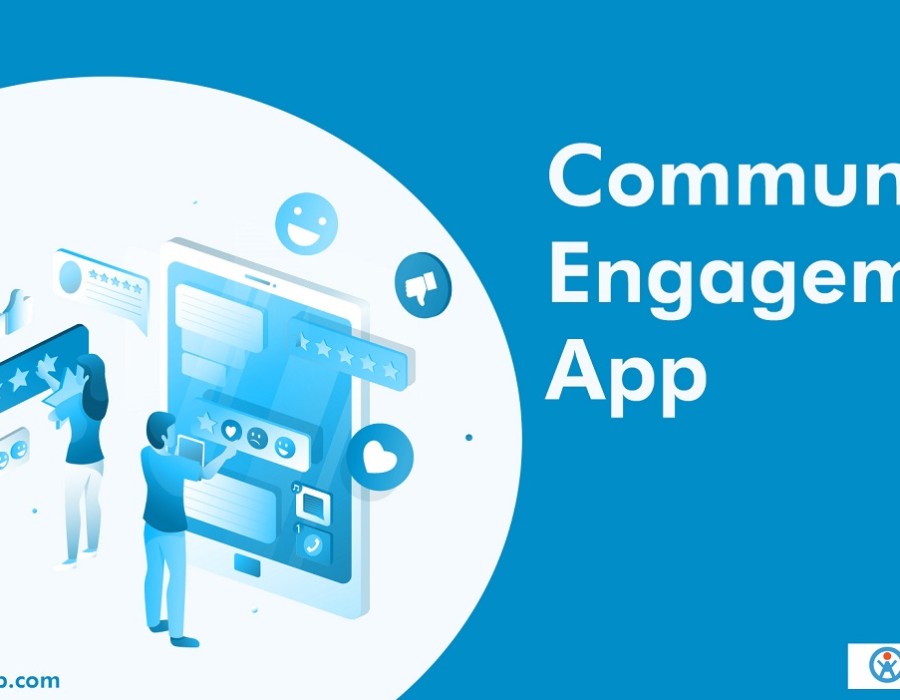In today's world, it's more important than ever to foster strong relationships with your community. Whether you're a non-profit organization, a government agency, or a business, engaging with your community can lead to increased support, loyalty, and ultimately, success. One way to achieve this is by using a community engagement app. But, how can you ensure that your community is actually engaged with your app?
In this blog post, we'll discuss 8 strategies to help you increase engagement with your community using our app. From understanding your community's needs to measuring your results, we'll cover the most effective tactics to ensure your community is actively engaging with your app.
Understand Your Community's Needs: Before you can engage with your community, you need to understand their needs. Use surveys and focus groups to gather information about what your community wants from your organization.
Set Clear Goals and Objectives: It's important to have clear goals and objectives for your app. This will help you measure your success and ensure that your community is engaged with the app for the right reasons.
Provide Valuable Content: Provide your community with valuable content such as news, events, and resources. Make sure the content is relevant and up-to-date.
Make Communication Easy and Accessible: Make it easy for your community to communicate with you through the app. Use features like chatbots, forums, and messaging to facilitate communication.
Encourage Feedback and Participation: Encourage your community to give feedback on the app and participate in polls and surveys. This will make them feel heard and valued.
Personalize the User Experience: Personalize the user experience by providing personalized content, notifications, and recommendations based on their preferences.
Use Gamification and Incentives: Use gamification techniques like badges, rewards, and challenges to encourage engagement with the app.
Measure and Analyze Your Results: Measuring and analyzing your results is a critical step in understanding how engaged your community is with your app.
In this section, we'll discuss the best ways to measure and analyze your results so that you can make data-driven decisions to improve engagement.
Set Metrics: Before you start measuring your results, it's important to set clear metrics that align with your goals and objectives. For example, if your goal is to increase user engagement, you might measure the number of active users, the frequency of app usage, or the time spent on the app.
Use Analytics Tools: Use analytics tools to track user behavior and engagement. Google Analytics, Firebase, and Mixpanel are popular tools that can help you monitor your app's performance.
Analyze User Feedback: Analyze the feedback you receive from your users, such as ratings, reviews, and surveys. Use this feedback to identify areas where you need to improve engagement and make changes accordingly.
Conduct A/B Testing: Conduct A/B testing to determine which features, content, or design elements are most effective in increasing engagement. A/B testing involves creating two versions of the same app, with one variation being tested against the other to see which performs better.
Monitor Social Media Engagement: Monitor social media engagement to see how your community is interacting with your brand and your app. Look for mentions, hashtags, and comments related to your app to see what people are saying about it.
Analyze User Demographics: Analyze user demographics to see who is using your app and how they are using it. This information can help you tailor your content and messaging to better engage your target audience.
By measuring and analyzing your results, you can gain valuable insights into how your community is engaging with your app. Use this information to make data-driven decisions that will improve engagement and help you achieve your goals.
By following these strategies, you can increase engagement with your community using our app and foster strong relationships that benefit both your organization and your community.





Comments